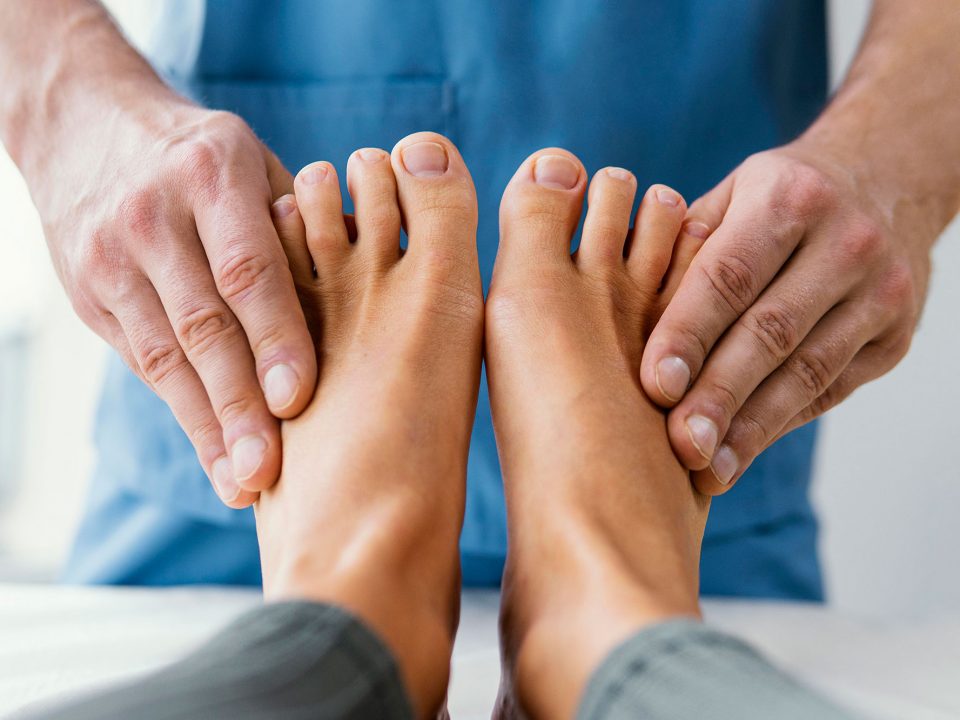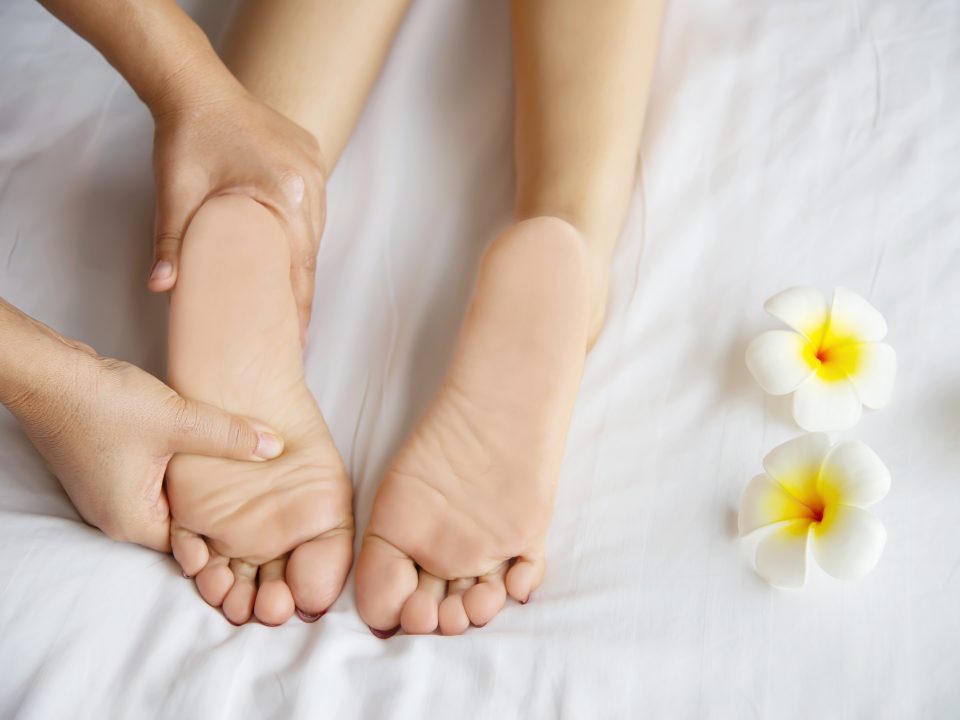- KILMARNOCK, EAST KILBRIDE & PAISLEY 📱 01563 523 059
- info@kilmarnockhearingcentre.co.uk
Different types of Foot Corns

Hearing Aids & Assistive Devices
May 30, 2024
Yoga and Hearing Loss
June 5, 2024Plantar corns are a frequent issue we encounter in our Kilmarnock and East Kilbride clinics. They impact individuals from various backgrounds, ranging from active individuals to the elderly. In certain instances, they can cause discomfort and interfere with daily activities if not addressed.
A corn develops when the skin becomes thicker due to mechanical strain. This strain can be caused by shear, friction, pressure, torsion, or tension on the body. While corns can form elsewhere, they are more prevalent on the feet. Corns manifest as a hard, rough, yellow area of skin that might be circular or elevated.
Not every corn is identical. There are various types of corns that can develop on the feet, and it’s crucial to understand the distinctions between them.
TYPES OF CORNS
- Hard corn – On top of the bony areas and underneath the foot
- Soft corn – In-between the toes
- Seed corn – Under the ball of the foot
- Subungual corn – Underneath a toenail
- Vascular/Neurovascular corns – High load bearing areas in the feet
WHAT CAUSES FOOT CORNS TO FORM?
Repeated minor injuries or pressure on a specific area of the feet leads to the overgrowth of skin as a defence mechanism for the deeper tissues. This ongoing localized pressure weakens the skin’s protective layer, making it unable to heal as quickly as the damage occurs.
Consequently, it develops a hard, protective layer to shield itself. This layer is pushed back into the skin, resembling an inverted cone shape, which is commonly known as the nucleus.
As the pressure on the feet increases, the nucleus stretches further, applying pressure on the deeper skin layers and even the nerves, causing discomfort. Several factors can cause an increase in localised stress on the feet. These factors can be either internal or external.
PODIATRIST TREATMENT
What’s the duration of a foot corn’s lifespan?
No matter their dimension, corns can be extremely uncomfortable and may cause additional issues if not addressed. Should you experience a corn that’s causing you pain and interfering with your everyday activities, it’s essential to consult a podiatrist. Individuals with health issues like diabetes or poor blood flow should avoid using corn pads and seek podiatric care right away. Podiatrists possess the expertise and ability to identify and manage foot corns.
The care provided by a podiatrist for corn treatment involves a thorough examination followed by immediate intervention, which typically alleviates symptoms within 24 hours. Additionally, there’s a continuous care plan in place to prevent future occurrences and manage any lingering symptoms.



